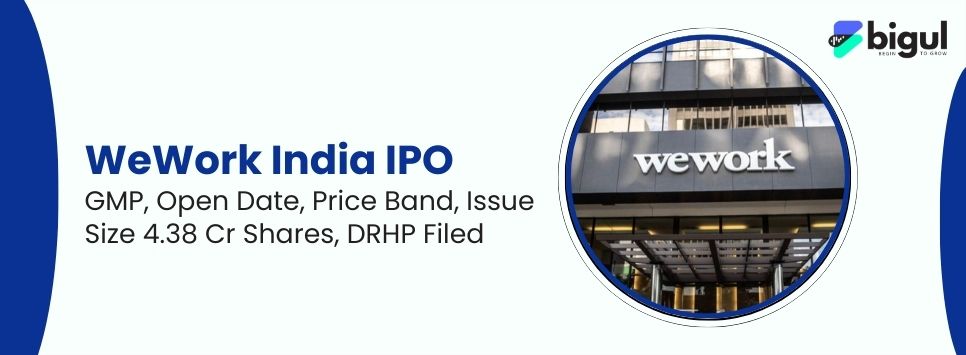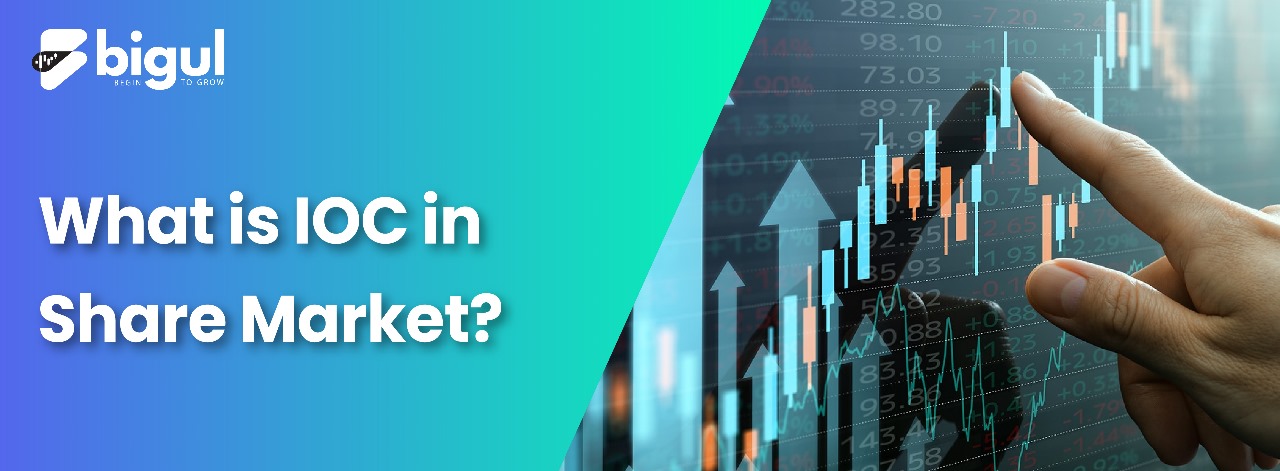Understanding order types is critical in stock trading, where split-second choices may make or break your investments. One such order that often perplexes newcomers to the share market is the Immediate or Cancel (IOC) order.
IOC orders offer a unique way to buy or sell stocks, balancing urgency with flexibility. This article will explain IOC orders, how they work, and when to use them in your trading strategy. Let’s explore IOC orders and their profit possibilities.
What is an IOC Order?
An IOC (Immediate or Cancel) order is a specific type of stock market order that combines a need for swift execution with flexibility.
When you place an IOC order, it instructs your broker to execute the order immediately at the best available price, but any portion of the order that cannot be filled instantly is canceled.
IOC orders are particularly useful for traders who prioritize speed but are willing to accept partial execution, making them a valuable tool in volatile markets or when aiming to capture quick price movements.
When is an IOC Order Effective?
An IOC order is most effective when you need to execute a stock trade swiftly but are willing to accept a partial fill if the entire order cannot be completed immediately.
It suits situations where time sensitivity is critical, like reacting to breaking news or capitalizing on volatile price fluctuations.
IOC orders are also useful for avoiding extended exposure to market risks. However, they may not be suitable for large block trades or situations where getting the full order size is crucial, as partial fills are common.
How IOC Orders Differ from Other Types of Stock Orders?
IOC orders differ from other types of stock orders, such as market orders and limit orders, in the following ways:
- Execution Flexibility: IOC orders prioritize immediate execution but also allow for partial execution if the entire order cannot be filled instantly. In contrast, market orders prioritize immediate execution at the current market price, potentially leading to slippage.
- Cancellation: IOC orders are designed to cancel any unfilled portion of the order after an immediate attempt to execute. In contrast, market orders do not have a cancellation option, and limit orders stay active until either executed or manually canceled.
- Price Control: Limit orders allow investors to specify a price at which they are willing to buy or sell, providing more control over the execution price. IOC orders do not provide this price control as they aim for immediate execution at the prevailing market price.
Advantages of using IOC orders
IOC orders have several advantages that make them a valuable tool in the arsenal of stock traders. Here are some of the key advantages of using IOC orders:
- Swift Execution: IOC orders prioritize quick execution, ensuring that your trade is processed as soon as possible.
- Price Control: They allow you to specify a price limit, helping you control the price at which your order is executed.
- Reduced Slippage: IOC orders minimize the risk of slippage, which can occur when market conditions change rapidly.
- Flexibility: They provide traders with the flexibility to adapt to changing market conditions or capitalize on short-term opportunities.
- Risk Management: IOC orders help in risk management by allowing traders to limit their exposure in volatile markets.
Disadvantages of using IOC orders
While IOC orders offer advantages, they also come with certain disadvantages:
- Partial Execution: IOC orders may only partially execute if there are not enough shares available at your specified price, potentially leaving your order incomplete.
- Missed Opportunities: Due to their immediate execution requirement, IOC orders might not capture favorable price changes that occur shortly after placing the order.
- Complexity: Understanding when and how to use IOC orders effectively can be challenging for novice traders, leading to potential mistakes.
- Market Impact: In highly liquid markets, IOC orders may not significantly impact prices, but in illiquid markets, they could lead to larger price fluctuations.
- Limited Order Lifespan: IOC orders have a short lifespan and may not be suitable for longer-term trading strategies.
- Higher Brokerage Costs: Frequent use of IOC orders may result in higher brokerage costs, as they can lead to more order placements.
How to Place an IOC Order
Placing an IOC order can vary slightly depending on the brokerage platform you use, but the general steps are as follows:
Step 1: Log In to Your Brokerage Account: Access your brokerage account through the platform or website provided by your chosen broker.
Step 2: Select the Trading Instrument: Select the stock or financial instrument you want to trade.
Step 3: Choose “IOC” as Order Type: Look for “Order Type” or similar choices when placing an order. Select “IOC” from the list.
Step 4: Enter Order Details:
- Select the shares or contracts you wish to purchase or sell.
- Set the trade execution price. This is the highest price you’ll pay for purchase orders and the minimum price for sell orders.
- Confirm the stock or financial instrument you’re trading.
Step 5: Review Order: Double-check all the order details to ensure accuracy, especially the quantity and price.
Step 6: Place the Order: Click the “Place Order” or equivalent button on the brokerage platform to submit your IOC order.
Step 7: Immediate Execution: The IOC order will attempt to execute immediately at your specified price. If there are not enough shares at that price, the order will be canceled or partly executed.
Step 8: Confirmation: Your broker will confirm the order after execution.
Conclusion
IOC orders are like a fast-moving puzzle piece in the world of stock trading. They give you a chance to buy or sell stocks quickly, but if they can’t be filled immediately, they vanish. Understanding IOC orders is important for anyone diving into the stock market.
They can be handy when you need to act fast but also come with their risks. So, remember to use them wisely and consider seeking advice from experts to make the most of your investments.








.jpg)
.jpg)
